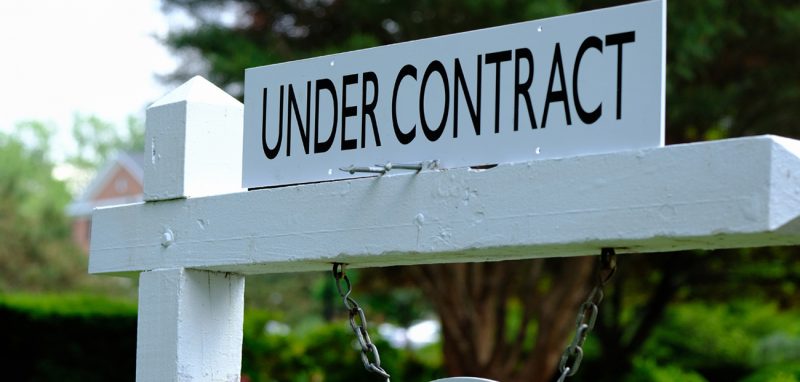Pending home sales climbed in March, following two months of declines that were mostly blamed on a lack of homes for sale, the National Association of REALTORS® reported Thursday. Home buyer demand remains high, but inventory constraints continue to push on sales potential.
NAR’s Pending Home Sales Index—a forward-looking indicator of homes sales based on contract signings—increased 1.9% in March and posted a 23.3% year-over-year gain. Part of that double-digit annual increase is due to a comparison to March 2020, when COVID-19 pandemic lockdowns began.
Still, “the increase in pending sales transactions for the month of March is indicative of high housing demand,” says Lawrence Yun, NAR’s chief economist. “With mortgage rates still very close to record lows and a solid job recovery underway, demand will likely remain high.”
Housing inventories may soon see a boost, too—which would be welcome news to house hunters. “More inventory will show up as new home construction intensifies in the coming months as well as from a steady wind-down of the mortgage forbearance program,” Yun adds. “Although these moves won’t immediately replenish low supply, they will be a step forward.”
Housing starts are projected to reach 1.6 million this year and then 1.7 million by 2022. NAR is projecting existing-home sales to increase by 10% in 2021. The median home price is expected to increase by 9% this year to $323,900.
Here’s a breakdown of contract signings across the country in March, according to NAR’s Pending Home Sales Index:
- Northeast: contract signings increased 6.1% last month, marking a 16.7% increase compared to a year ago.
- Midwest: pending home sales eased 3.7% last month but remain up 14.1% compared to a year ago.
- South: contract signings rose 2.9% in March, up 27.9% compared to a year ago.
- West: pending home sales increased 2.9% last month, marking a nearly 30% gain compared to a year earlier.













